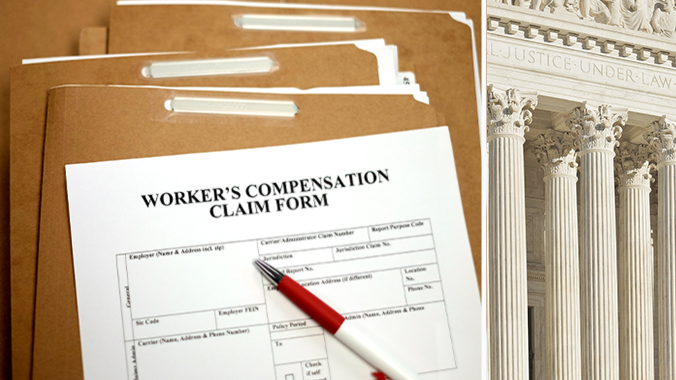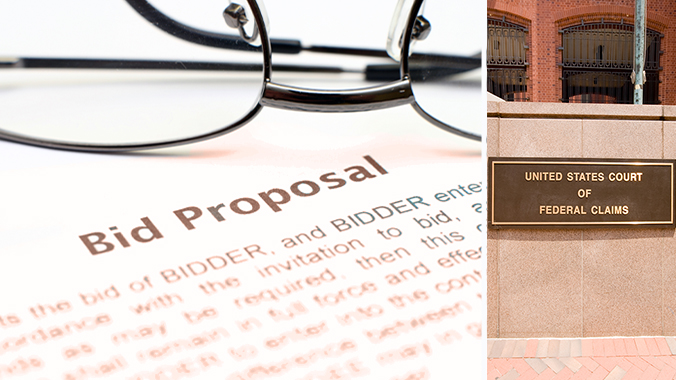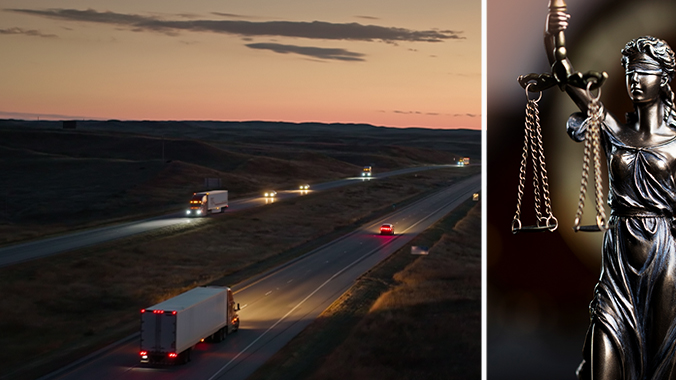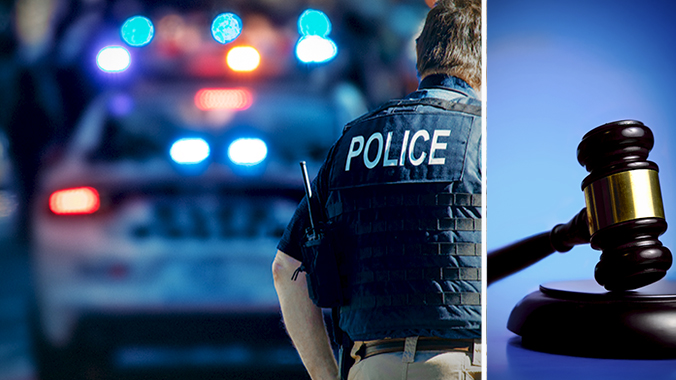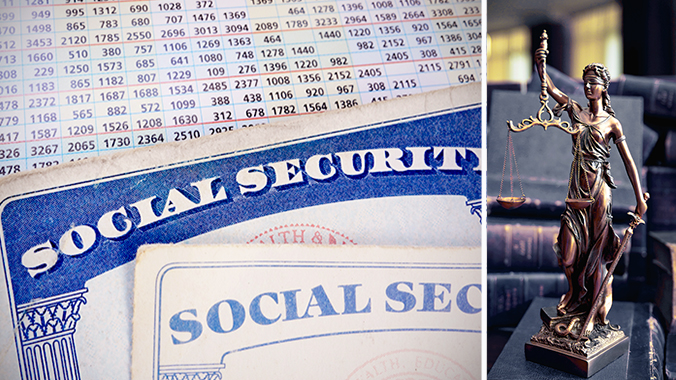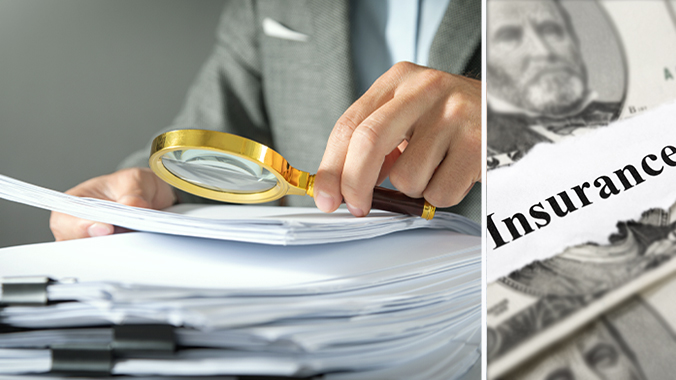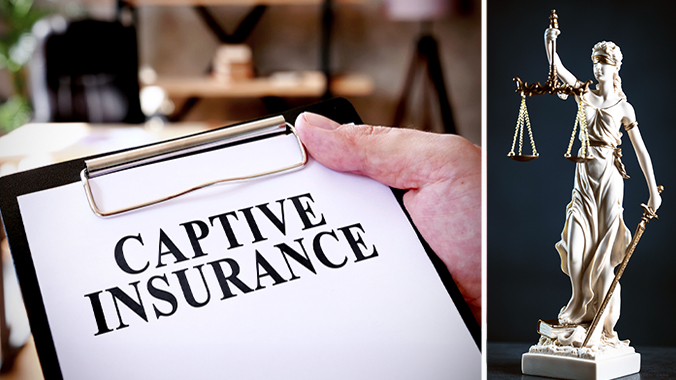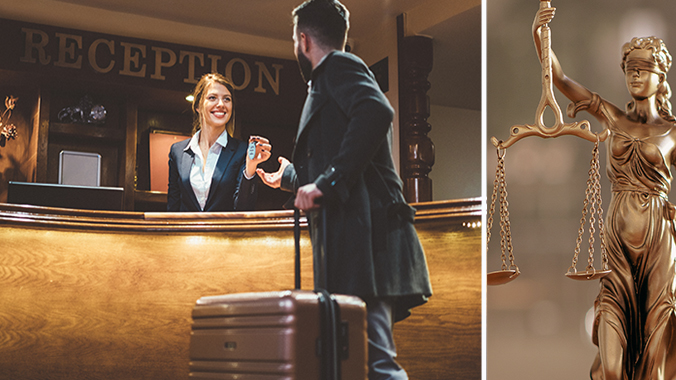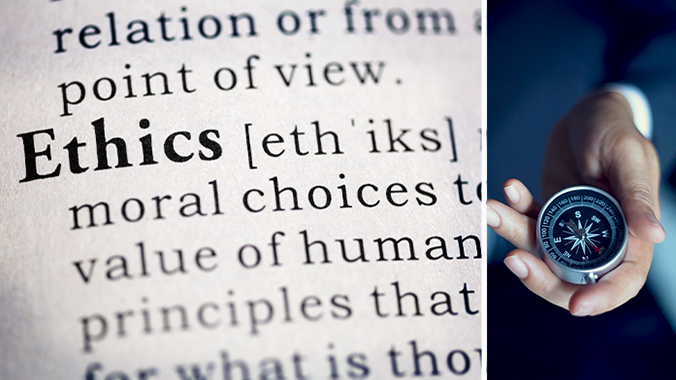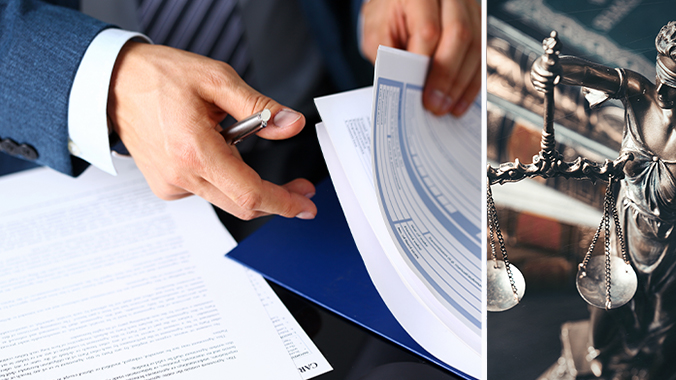Evidence Seized with the Use of Canine Searches: What Every Attorney Should Know (2025 Edition)

Joseph’s civil-litigation work includes representing plaintiffs who have suffered catastrophic personal injury and civil rights violations. Joseph is as an adjunct law school professor at American University, his alma mater, and is also part of the Trial Advocacy Faculty at the Harvard Law School.
2 hour CLE
Get this course, plus over 1,000+ live webinars.
Learn More
Program Summary
This CLE program is designed for attorneys practicing in state or federal courts who handle cases involving traffic stops and evidence obtained through drug-detection canines. It explores the constitutional issues surrounding pretextual traffic stops, the reliability of canine alerts, and the significant impact these practices have on civil liberties.
Attendees will gain practical strategies for challenging evidence, such as scrutinizing canine training and handler influence, cross-examining law enforcement effectively, and leveraging case law to defend clients.
The program also addresses ethical concerns, emphasizing the need for transparency and fairness in cases involving questionable canine evidence.
Key topics to be discussed:
- Traffic Stops, Canine Searches, and Constitutional Challenges
- Traffic Stops and the Fourth Amendment
- Canine Searches and Key Case Law
- Reliability Issues with Drug-Detection Canines
- Practical Strategies for Challenging Canine Evidence
- Evaluating Evidence in Traffic Stop Cases
- Challenging Canine Alerts in Court
- Ethical and Strategic Considerations
![]() Closed-captioning available
Closed-captioning available
Speakers
 Joseph Caleb | CalebAndonian PPLC
Joseph Caleb | CalebAndonian PPLC
Prior to co-founding CalebAndonian, Joseph Caleb honed his litigation skills at the Public Defender Service for the District of Columbia – often recognized as the leading training ground for trial attorneys in the United States – where he served as lead counsel on over fifty trials against local and federal prosecutors. Joseph then built a highly successful solo practice, which focused on criminal (including juvenile representations) and civil matters in D.C. and Maryland in state and federal court. Joseph’s civil-litigation work includes representing plaintiffs who have suffered catastrophic personal injury and civil rights violations.
In 2018, Joseph was selected by The National Trial Lawyers as a “Top 40 Under 40” lawyer – a distinction extended exclusively to trial lawyers doing civil plaintiff and criminal defense work. The National Trial Lawyers again recognized Joseph’s accomplishments in 2020, this time naming him a Top 10 trial lawyer nationwide in his areas of expertise.
Joseph is as an adjunct law school professor at American University, his alma mater, and is also part of the Trial Advocacy Faculty at the Harvard Law School.
In July 2021, a panel consisting of D.C. Mayor Muriel Bowser and the Chief Judges of the D.C. District Court, the D.C. Court of Appeals, and the D.C. Superior Court appointed Joseph to serve on the Board of Trustees for the D.C. Public Defender Service.
In 2023, Joseph was inducted into the American College of Trial Lawyers, an invitation only Fellowship of exceptional trial lawyers from the United States and Canada who have demonstrated the very highest standards of trial advocacy, ethical conduct, integrity, professionalism, and collegiality.
Agenda
I. Traffic Stops, Canine Searches, and Constitutional Challenges | 1:00pm – 2:00pm
- Traffic Stops and the Fourth Amendment
- Legal standards for initiating and conducting traffic stops
- Pretextual stops and their implications (Whren v. United States)
- Canine Searches and Key Case Law
- Analysis of Illinois v. Caballes and Florida v. Harris
- Balancing law enforcement interests with individual rights
- Reliability Issues with Drug-Detection Canines
- Discovery requests – what to ask for
- Training, certification, and handler influence
- Addressing false alerts and their impact on probable cause
Break | 2:00pm – 2:10pm
II. Practical Strategies for Challenging Canine Evidence | 2:10pm – 3:10pm
- Evaluating Evidence in Traffic Stop Cases
- Investigating the basis for the stop and reviewing video footage
- Identifying procedural violations and inconsistencies
- Challenging Canine Alerts in Court
- AI trained or human trained. Effective cross-examination on canine training and performance
- Effective cross-examination of law enforcement handlers
- Using expert witnesses to dispute canine reliability
- Ethical and Strategic Considerations
- Ensuring fairness and transparency
Preview
More CLE Webinars
Trending CLE Webinars







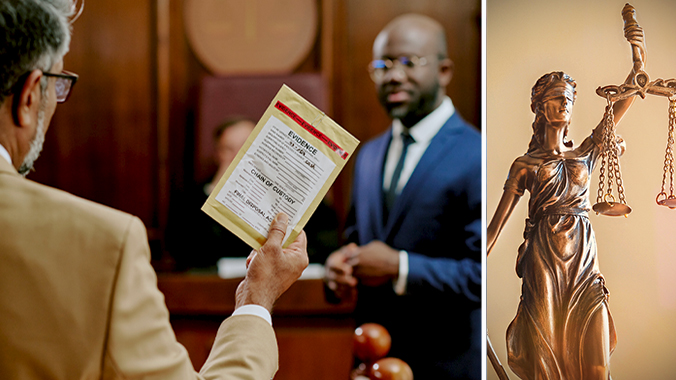


Upcoming CLE Webinars









